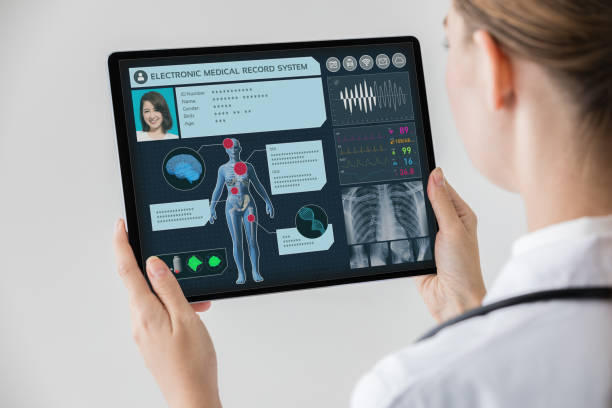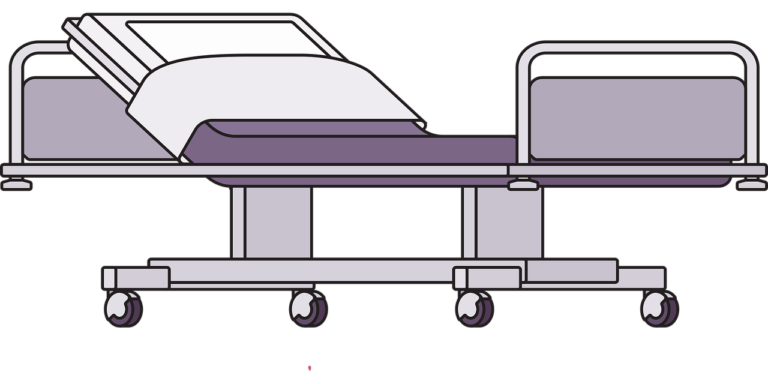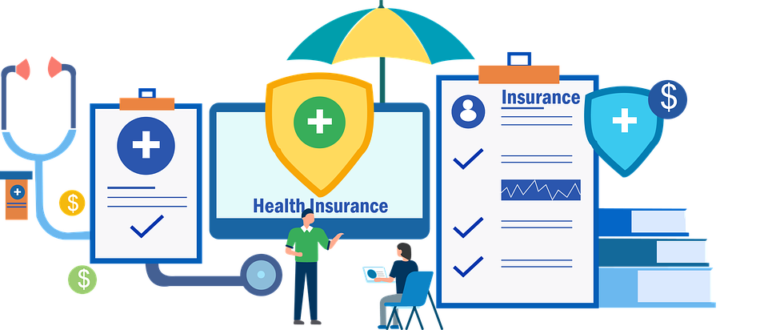Book Appointment Now

Leveraging Electronic Health Records (EHRs) In Nursing
The implementation of Electronic Health Records (EHRs) has significantly transformed how healthcare professionals make decisions, particularly in nursing. By centralizing patient data, EHRs enable nurses to access comprehensive, real-time information essential for informed, accurate clinical decision-making. Whether it’s choosing an appropriate treatment plan, managing patient monitoring, or developing strategies for long-term care, EHR data is integral in enhancing patient outcomes and supporting nurses in delivering high-quality, individualized care.
Get a custom nursing paper help with your Electronic Health Records (EHRs) assignment
Order Custom Nursing Paper
How EHR Data Supports Treatment Planning in Nursing
One of the most valuable aspects of EHRs in clinical decision-making is the way they streamline the development of treatment plans. Nurses can quickly access a patient’s medical history, current medications, allergies, and past procedures, providing a full picture of their health. This information allows nurses to design treatment plans that are more personalized and consider all aspects of a patient’s health status, thereby minimizing risks such as adverse reactions or complications.
For example, if a nurse is treating a patient with diabetes and sees through the EHR that the patient has previously reacted poorly to certain medications, they can immediately adjust the treatment plan to use a safer, more effective option. This instant access to historical data ensures that decisions are based on a comprehensive view of the patient’s medical background.
Enhancing Patient Monitoring with EHR Data
EHRs play a critical role in patient monitoring by tracking and updating a patient’s health status in real-time. This capacity for continuous monitoring enables nurses to make timely, data-driven interventions when patients’ conditions fluctuate or show signs of deterioration.
Key features of EHRs in patient monitoring include:
- Real-Time Vital Signs Tracking: EHRs are often integrated with patient monitoring devices, allowing nurses to view real-time vitals such as heart rate, blood pressure, and oxygen levels. This immediate data helps nurses recognize critical changes and act quickly.
- Automated Alerts and Reminders: EHR systems can be set up to send alerts when a patient’s vitals reach concerning levels, prompting immediate nursing attention and reducing the risk of adverse events.
- Trend Analysis: EHRs store longitudinal data, allowing nurses to analyze trends in a patient’s health over time. This can highlight issues like gradual declines or recurring patterns, leading to proactive management strategies.
Through these monitoring capabilities, EHRs in nursing ensure a higher level of patient safety and improve the quality of care by allowing for rapid responses to emerging health concerns.
Using Electronic Health Records (EHRs) Data for Long-Term Care Planning
Long-term care management is another area where EHRs enhance clinical decision-making. For patients with chronic illnesses, such as hypertension, COPD, or diabetes, EHRs offer a valuable historical view that helps nurses understand each patient’s condition progression. This insight allows for more targeted interventions that align with the patient’s long-term health goals.
With (EHRs), nurses can:
- Track Chronic Condition Management: Access to previous treatment responses and adjustments enables more precise management of chronic conditions, ensuring that patients follow plans that are proven to work best for them.
- Coordinate with Interdisciplinary Teams: EHRs allow nurses to collaborate effectively with other healthcare providers, such as dietitians, physical therapists, or social workers. This centralized data facilitates a cohesive, team-based approach to long-term care.
- Customize Follow-Up Care: EHRs help nurses tailor follow-up schedules and care instructions based on the specific needs and trends of each patient, fostering adherence and supporting long-term health maintenance.
These features enable nurses to build care plans that not only address the immediate needs of patients but also support sustainable, long-term health improvements.
Benefits of EHRs in Clinical Decision-Making for Nurses
Using EHRs, nurses benefit from a streamlined and efficient decision-making process. Key advantages include:
- Improved Accuracy: With complete patient data at their fingertips, nurses make decisions based on the most accurate and comprehensive information available.
- Reduced Errors: EHRs minimize risks associated with incomplete or missing information, such as medication errors or duplicated procedures.
- Enhanced Efficiency: Nurses save time that would otherwise be spent on paperwork or searching for information, allowing them to dedicate more time to direct patient care.
The Future of EHRs in Nursing: A Path Toward Smarter, More Informed Care
As technology advances, the role Electronic Health Records (EHRs) in clinical decision-making is expected to grow even further. The integration of artificial intelligence and predictive analytics with EHR systems will likely empower nurses with advanced decision-support tools that offer real-time recommendations based on a broader data set. Additionally, mobile access to EHRs may allow nurses to make informed decisions from anywhere within a healthcare facility, enabling continuous and responsive patient care.
EHRs in clinical decision-making provide an indispensable resource for nurses, offering data-driven insights that enhance treatment planning, patient monitoring, and long-term care. By ensuring access to up-to-date patient information, Electronic Health Records (EHRs) support nursing teams in making better-informed, proactive decisions that improve patient safety and foster positive health outcomes. As EHR capabilities continue to expand, their impact on nursing and patient care will only grow stronger.
Looking for HCI 112 electronic health records assignment help? Get it done by experts.



